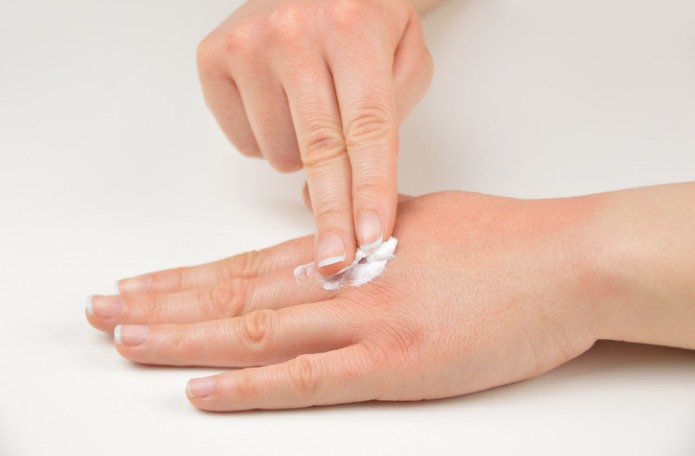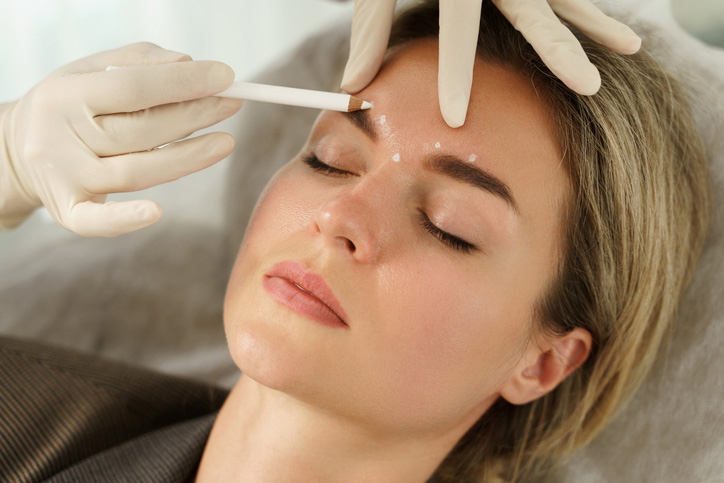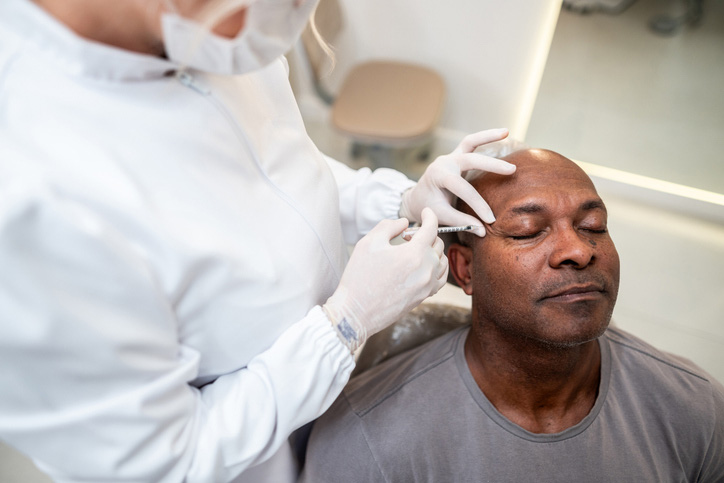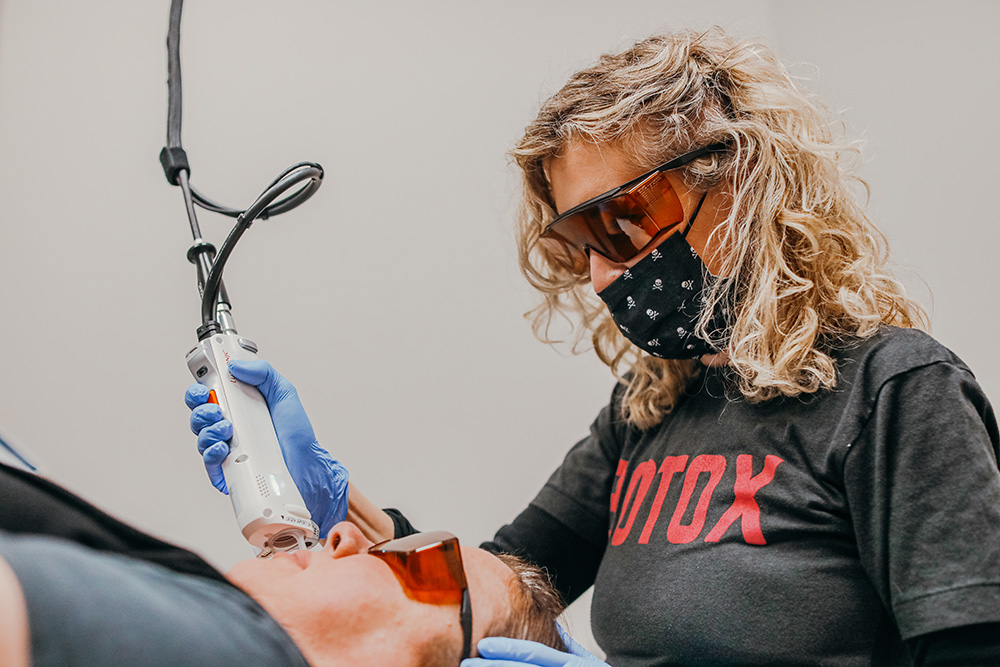Article updated on May 22, 2025.
Atopic dermatitis is the most common type of eczema. More than 18 million American adults have Atopic dermatitis, which often appears as a red, itchy rash normally on the cheeks, arms and legs.
What causes Atopic dermatitis?
The cause of Atopic dermatitis is an inability of the skin to effectively retain water. It tends to run in families and usually starts in early childhood.
Most people will grow out of it, but adults can continue to have Atopic dermatitis over their whole body, or more commonly on their hands.
Atopic dermatitis is often associated with two other allergic conditions: asthma and hay fever. People who have asthma and/or hay fever or who have family members who do, are more likely to develop this condition.
If one parent has Atopic dermatitis, asthma, or hay fever, there’s about a 50% chance that their child will have at least one of these diseases.
If both parents have one or more of these conditions, the chances are much greater that their child will too. Atopic dermatitis is not contagious.
You or your child cannot “catch” it from another person, or give it to someone else.
What makes eczema worse?
Most people with Atopic dermatitis also have Staphylococcus aureus (Staph) bacteria on their skin. This bacteria will rapidly multiply when the skin barrier is broken and fluid is present on the skin.
This in turn can worsen eczema symptoms, particularly in young children.
Other factors that cause Atopic dermatitis to worsen include:
- Scratching
- Bacteria and viruses
- Stress
- Changes in heat and humidity
- Solvents, cleaners, soaps and detergents
- Wool in clothing, blankets and carpets
- Dust and pollen
- Eggs, milk, peanuts, soybeans, fish and wheat, in infants and children
What are the signs and Symptoms of Atopic dermatitis?
Atopic dermatitis symptoms and signs vary widely from person to person and include:
- Itching, which may be severe, especially at night.
- Red to brownish-gray patches, especially on the hands, feet, ankles, wrists, neck, upper chest, eyelids, inside the bend of the elbows and knees, and, in infants, the face and scalp.
- Small, raised bumps, which may leak fluid and crust over when scratched.
- Thickened, cracked, dry, scaly skin.
- Raw, sensitive, swollen skin from scratching
How to manage eczema (Atopic dermatitis)
While there’s not often a direct or instantaneous solution to eczema, there are a few ways you can manage the symptoms and prevent it from getting worse.
- Know your triggers
- Implement a regular bathing and moisturizing routine.
- Use OTC and/or prescription medication as directed.
- Watch for signs of infection on the skin.
- Avoid scratching.
- Dress in soft, breathable clothing and avoid itchy fabrics.
- Seek support from a skincare professional or dermatologist like our DermaBlue experts.
Here at DermaBlue we can offer a variety of treatments for eczema and help you find a solution to eczema. Contact us today to schedule an appointment!









